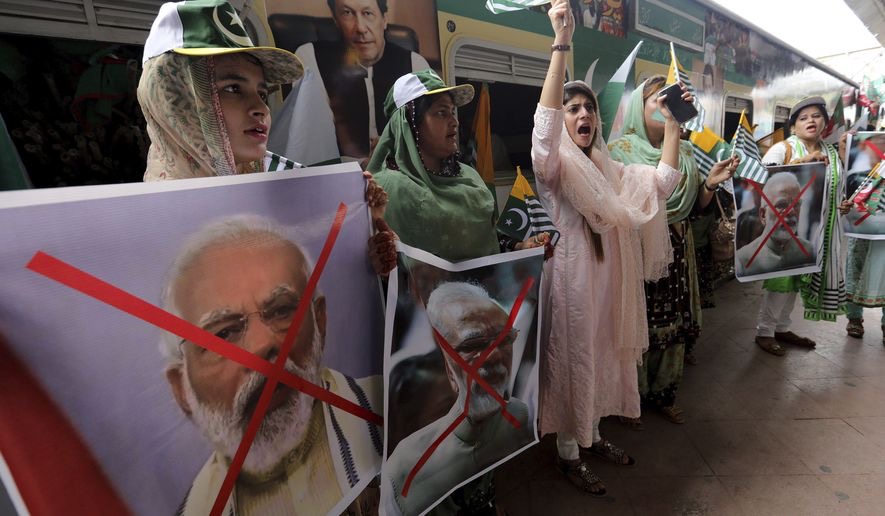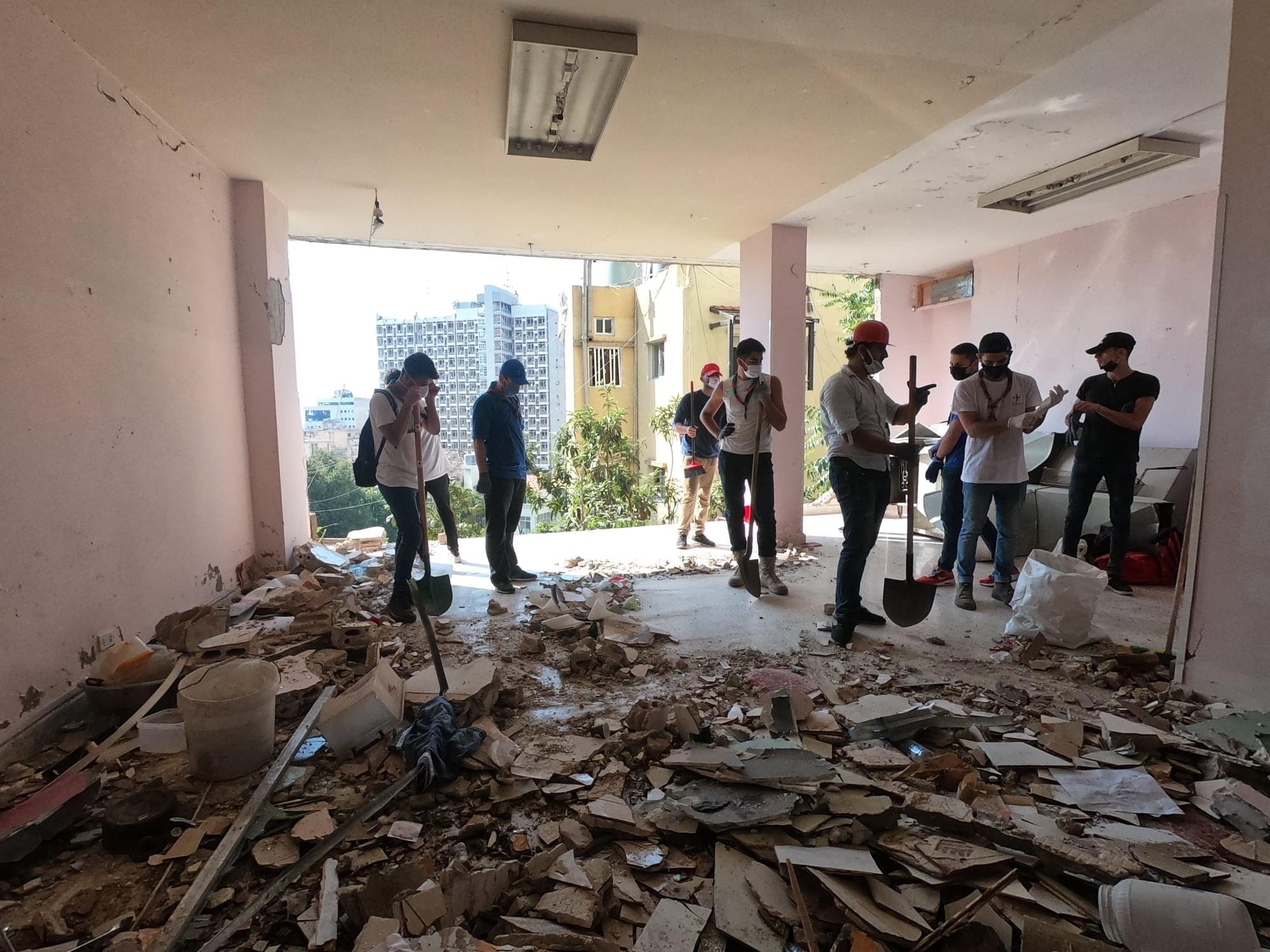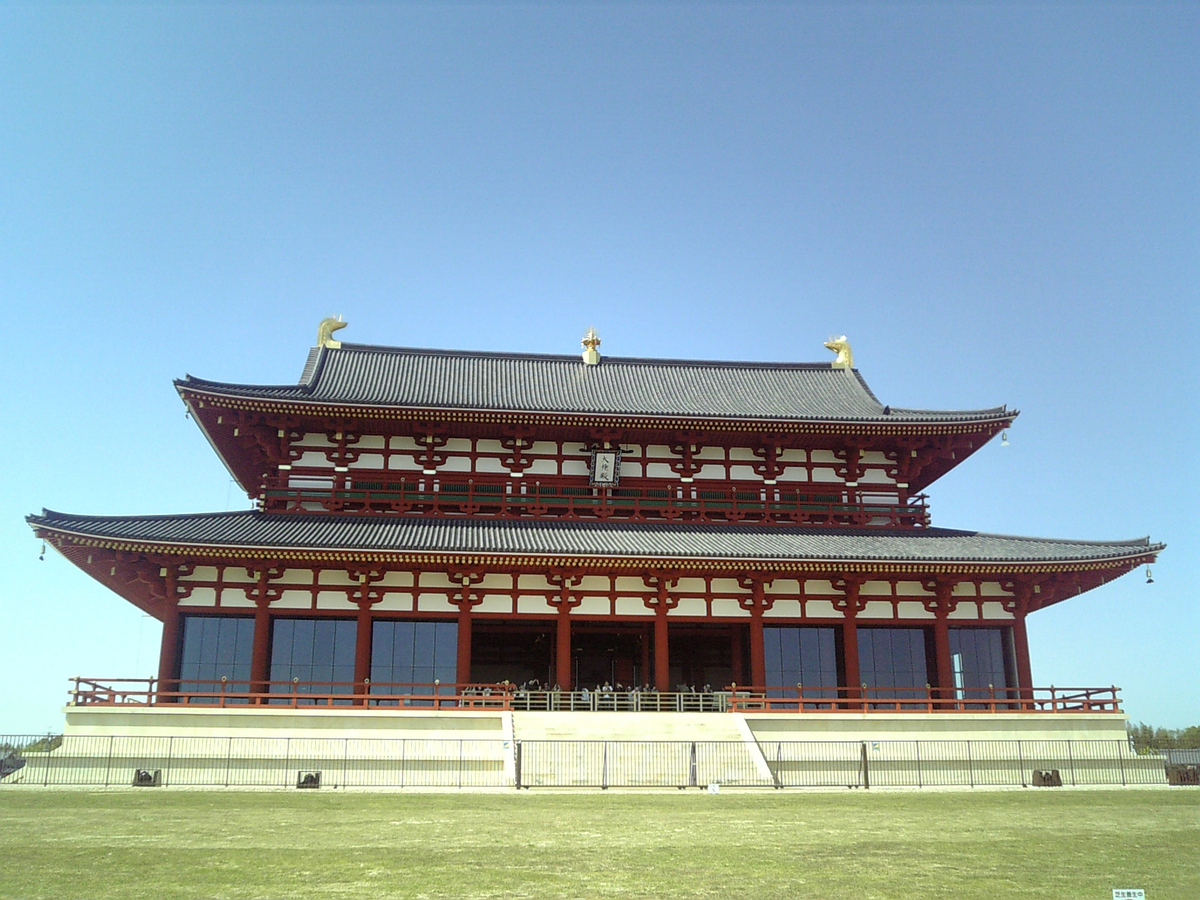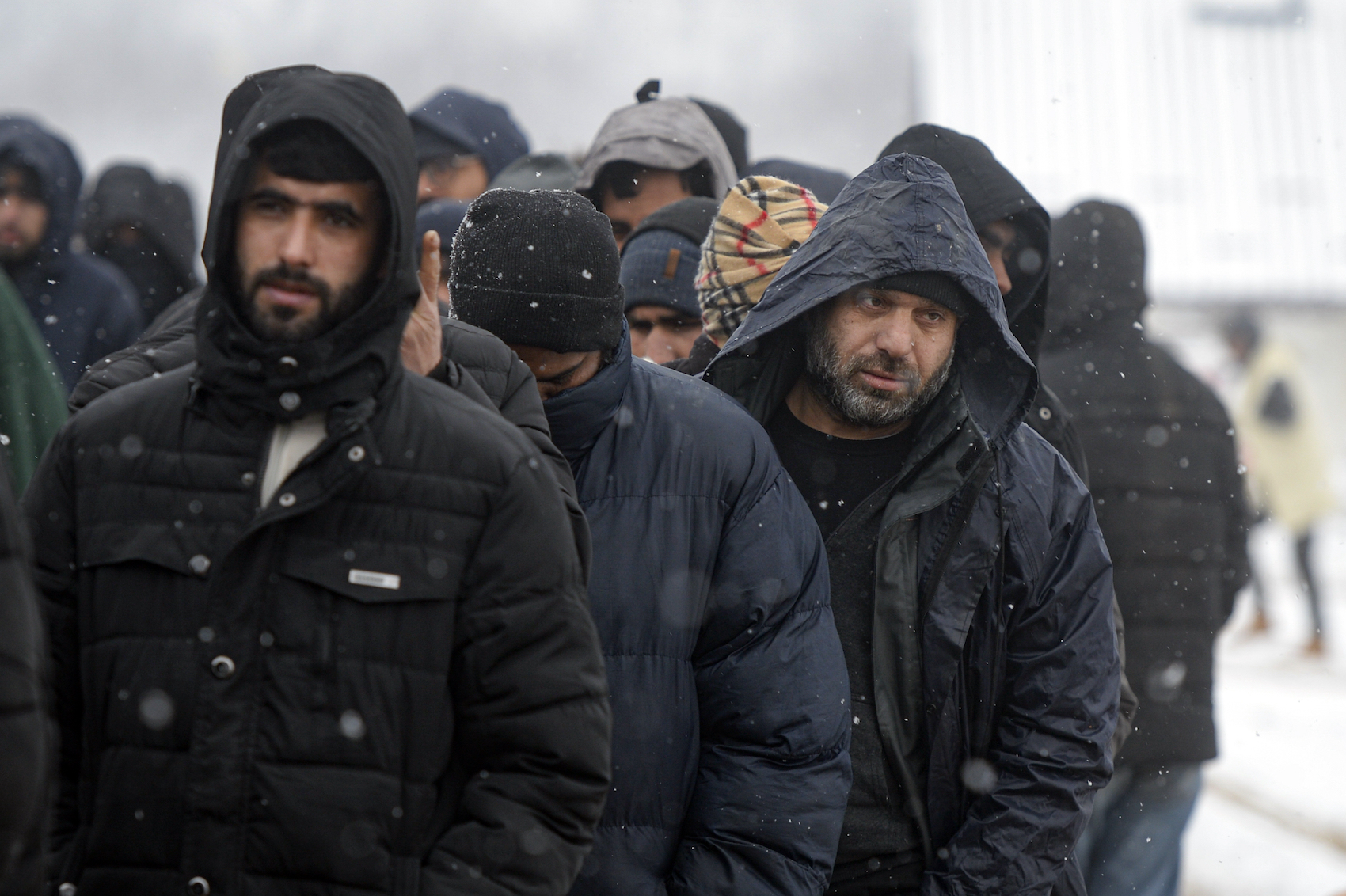The Indian government imposed a curfew and lockdown in Kashmir to prevent protests on Aug. 5, the one-year anniversary of Kashmir’s loss of autonomy.
The Hindu nationalist government announced a two-day curfew in the Muslim-majority state on Aug. 4–5, compounding COVID-19 regulations. Authorities lifted the curfew late on Aug. 4 for lack of major incidents, according to Reuters.
“A series of inputs have been received suggesting that separatist and Pakistan-sponsored groups are planning to observe Aug. 5 as Black Day, and violent action or protests are not ruled out,” said Shahid Iqbal Choudhary, a civil administrator, as reported by Al Jazeera.
Security measures included steel barricades, razor wires lining main roads, paramilitary forces and patrols advising residents to remain indoors in Srinagar. Days before Aug. 5, police detained scores of young men on suspicion of organizing anti-India protests, according to AP News. Checkpoints also continued to control movement across the city.
In the third private meeting by the United Nations Security Council regarding Kashmir, Pakistan Foreign Minister Shah Mahmood Qureshi, who especially thanked China’s support, said the meeting “nullified, yet another time, the Indian self-serving claim that it is an ‘internal matter.’”
Responding to the meeting in a tweet, Indian United Nations Ambassador T.S. Tirumurti said countries present at the meeting underlined that Jammu and Kashmir were a “bilateral issue & did not deserve [the] time and attention of [the] Council,” according to Al Jazeera.
The one-year anniversary of the abrogation of Article 370, which allowed Kashmiris to live under different laws from the rest of India, was followed by a security lockdown and communications blackout in Kashmir.
Activists urged a “global spotlight” in India’s only Muslim-majority state, which remains one of the world’s most militarized zones, according to CNN.
A 213-day blackout—including the longest Internet shutdown in a democratic country—restricted residents from an online presence. After closures of thousands of public and private schools, the blackout rendered students unable to access online classes.
“Educators across the country moved to online platforms for schooling during COVID-19 but New Delhi’s ban on high-speed internet in Kashmir continues to keep our children away,” said G. N. Var, president of the Private Schools Association of Jammu and Kashmir.
Doctors relying on overseas information about the coronavirus struggled to keep up to date on how to handle patients, according to TIME. A doctor who publicly demanded resources and equipment was transferred to a different location.
There is a “kind of censorship that exists because health professionals, doctors are not allowed to speak about any, you know, problems with regards to COVID preparation,” said Gowhar Geelani, a journalist based in Srinagar. “The focus is more to contain the story so that the bad news doesn’t go out,” he continued, calling the shutdown an “information black hole.”
Journalists were targeted by authorities, brought to police stations and sometimes interrogated to name their sources as the government sought to stifle dissent, according to CNN.
“Over the last one year the Government of India has been systematically dismantling all avenues for justice for the people of Jammu and Kashmir,” said Avinash Kumar, Amnesty International India’s executive director.
“With zero representation, protracted internet restrictions, arbitrary use of some of India’s most stringent laws, verbal orders of detention and crippling of the local media—most of this disproportionately higher in Kashmir—it’s been a complete year since we have heard the people of Jammu and Kashmir speak.”





